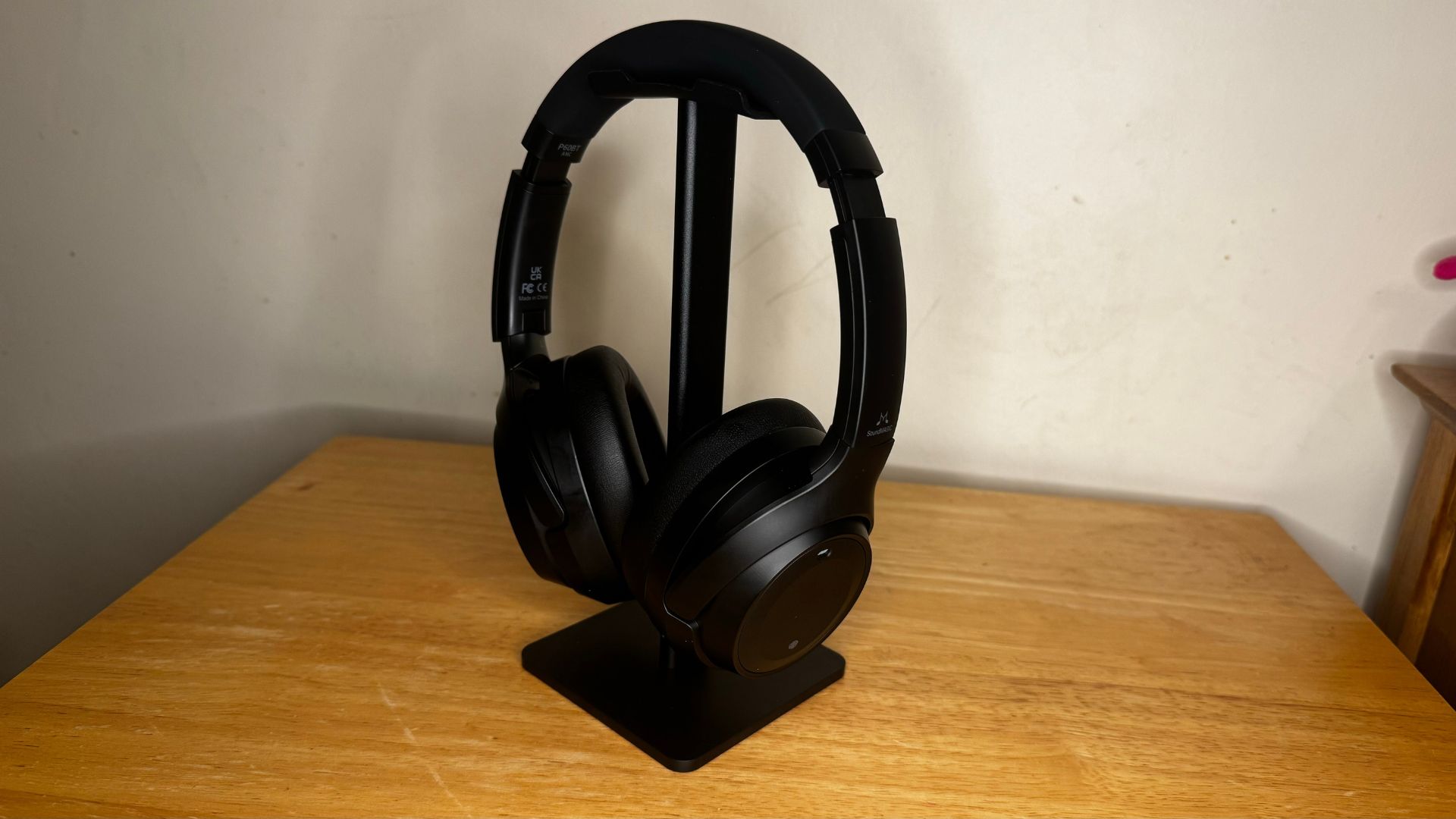
If you’re in the market for a pair of headphones that cost under $200, cancel out the noise of your commute, and sound good while they do it, you are spoilt for choice the moment you look at Amazon. There are a multitude of options from large brands like Sony, Sennheiser, and more — but now there’s a new challenger that’s vying for your cash.
SoundMagic is a UK-based company that’s been around the block a few times, and it’s just updated its lineup with some new headphones. At the top of the pile are the cans we’ve got to test out here — the P60BT, a pair of over-ear noise-canceling headphones that look to get your money over the competition.
Solid, if underwhelming, build
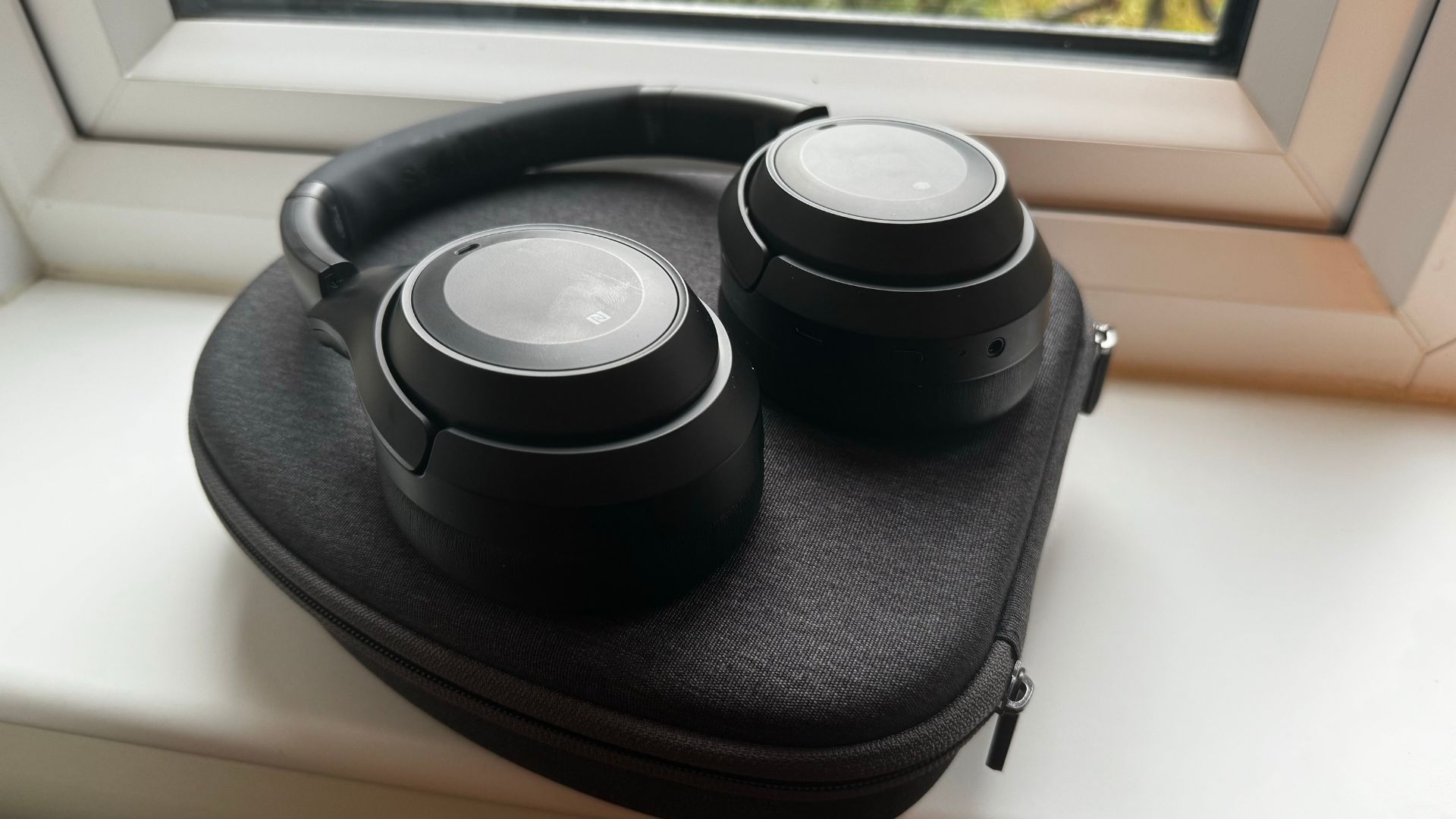
The P60BT are only £99 in their country of origin, so you can’t expect them to be the most incredibly well-built or slick-looking pair of headphones. Having said that, their build is perfectly serviceable with decent quality plastics used all over the place and metal components in their hinging and folding parts.
Those folding hinges allow them to fold flat so that you can fit them into their unreasonably sturdy carry case — which will also take up loads of space in your backpack. Compared to the case of similar Sony options or the similarly priced Sonoflow from 1More, the case that comes with the P60BT is MASSIVE.
The case is lovely though, beyond its size. There’s a little bag inside for the charging and analog cables, as well as a connector so that you can use them on a flight. Accessories, case, and build then? A good start, that’s for sure.
A comfortable fit
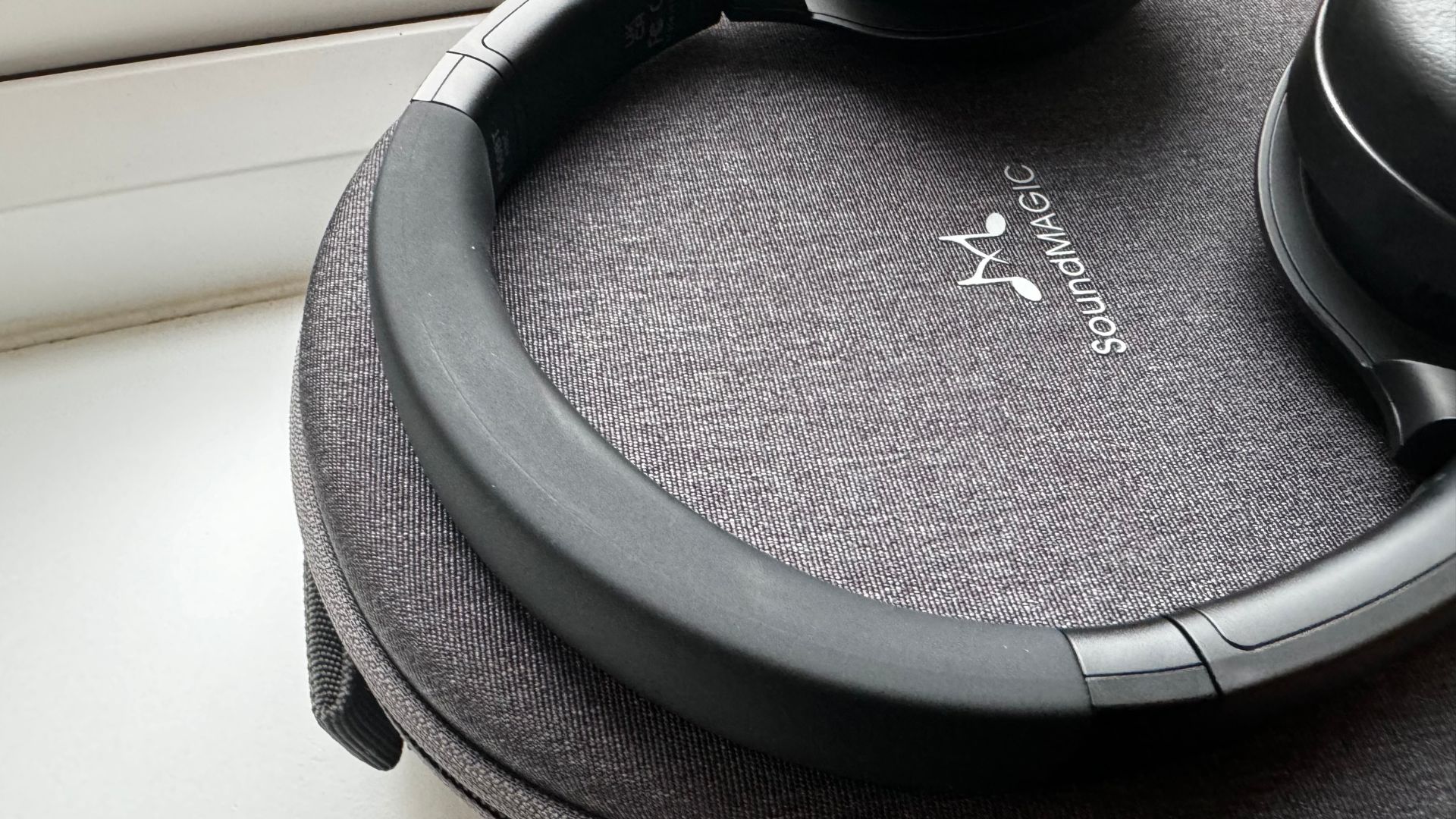
I am very sensitive to uncomfortable headphones. The pressure across the top of my head is one of my main complaints with loads of headphones, and the P60BT almost get away with it. Are they uncomfortable? No, but they aren’t the most comfortable either.
The earcups are soft and pliable which goes towards somewhat making you forget you’re wearing them, but they aren’t very deep so at some point you’ll start to feel the surface of the driver covers at the bottom. They aren’t an uncomfortable pair of headphones, but you won’t want to wear them for hours and hours on end.
There are more comfortable headphones at this price — the 1More Sonoflow or the Soundcore Space One to name a couple that we’ve tested. The Soundcore, in fact, are cheaper as well — and well worth considering instead if you want some light, comfortable headphones.
Stunning sound?
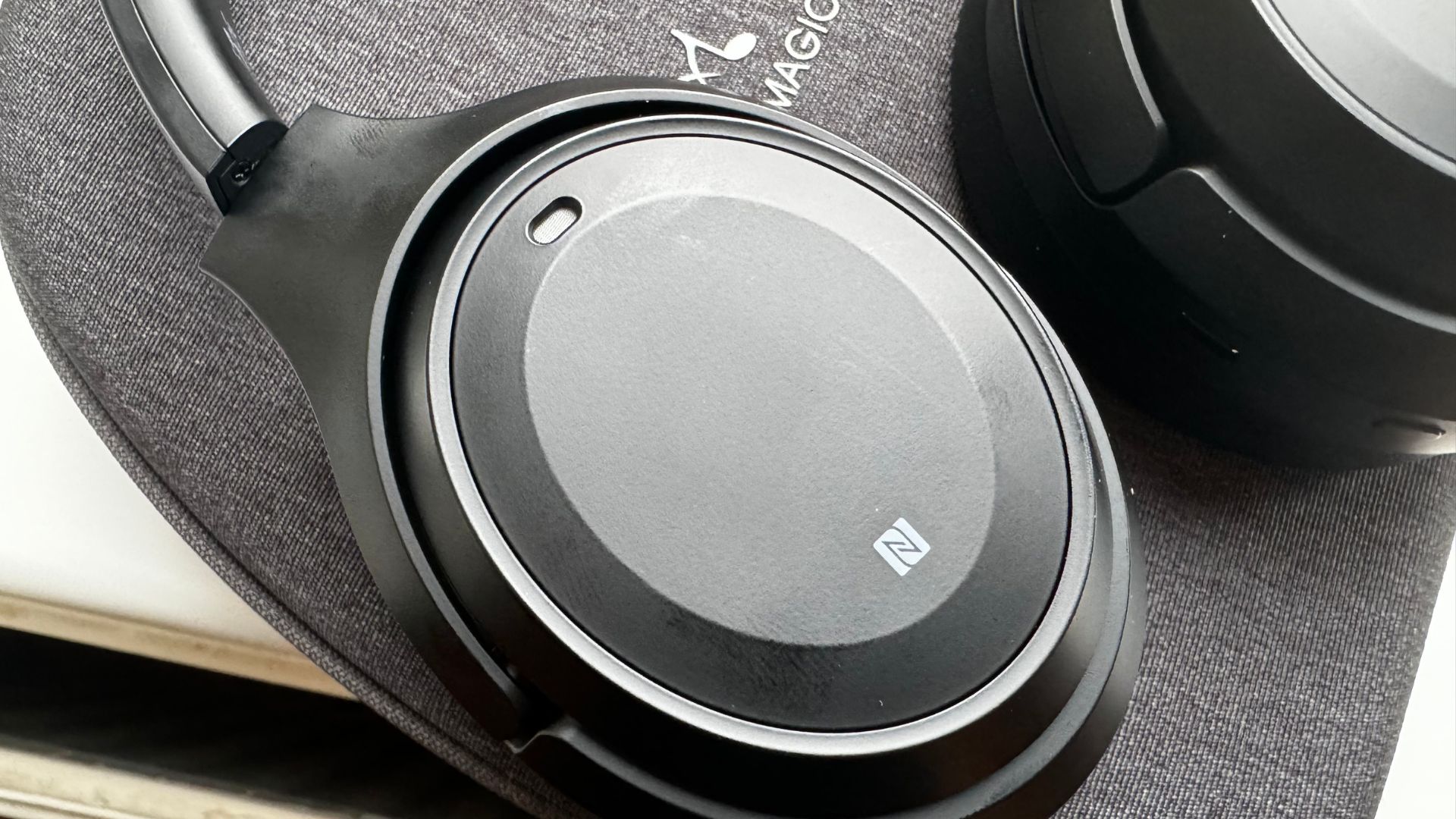
You’re never going to get world-altering good sound for this price, but you can expect a listenable sound profile so that you feel like you’re getting your money’s worth. After all, while I’m usually talking about hundreds of dollars worth of audio hardware and the inherent value therein, I’m not so out of touch that $200 isn’t still a lot of money for ordinary people. I am, after all, an ordinary person.
The SoundMagic’s sound… fine. They’re energetic, and fun, with great response to the music at hand. Devin Townsend’s Vampira is a bouncy track filled with a youthful spring, and the P60BT follow along with aplomb. They don’t have the widest soundstage and the highs and lows are washed out slightly, but for most, they’re going to sound fine.
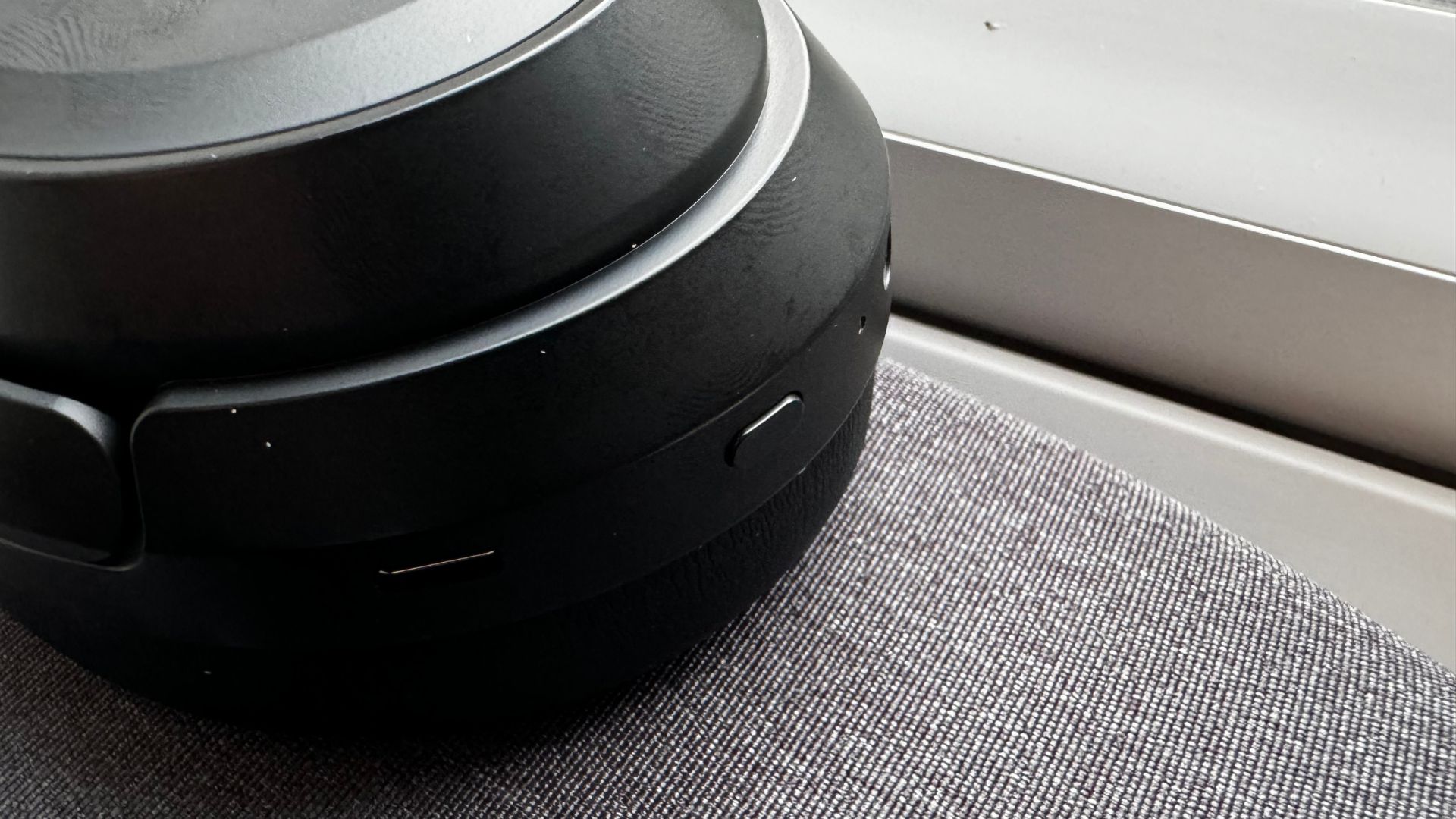
Those problems with the sound are worth talking about briefly — because they are an issue if you’re interested in sound. The highs have a habit of getting sibilant, which means that the "S" sounds that the singer might make or the hit of a cymbal is emphasized to an uncomfortable degree. It might make it sound like there’s a slight squeal to proceedings, which can make headphones sound fatiguing. After a while, this happens with the P60BT, but it’s not as bad as some I’ve sampled.
The bass then gets a little muddy, or flabby. Bass drum hits are ill-defined, and bass guitar notes are more of a ‘sound’ rather than an actual string being hit. Neither the sibilant highs nor the muddy bass make them sound bad — for most, they’ll sound better than the even cheaper headphones that they’re used to, but they are issues worth highlighting.
Everything else
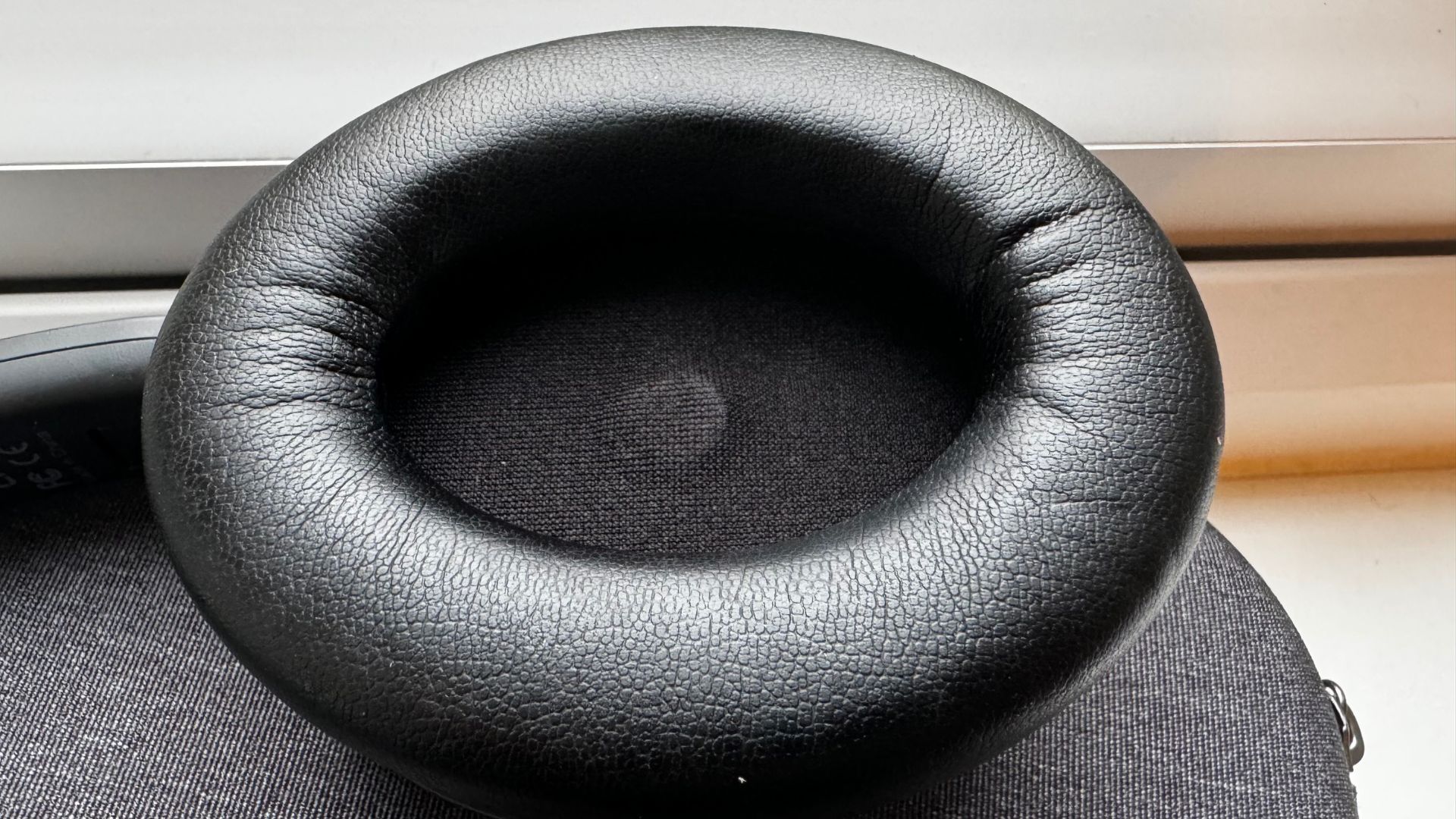
There are some other features on board. There are touch controls, for one — and I don’t like them. I am predisposed to not liking touch controls, and these do nothing to change my mind. They are too sensitive when I don’t want them to be, and when I need them to work they don’t. Buttons may be the old control option, but they are still the best.
The rest of the features are nice. Battery life is good — 50 hours on a single charge. That’s a long time, and it only goes down by 5 hours when you punch the noise canceling into action. That noise canceling is solid enough and easily matches the performance of its competition.
Beyond that, there’s support for aptX HD, which is a nice latency-free bonus. The call quality is good, and the mic is clear on the other end. All present and correct for a pair of the best noise-canceling headphones from 2023.
Are they the new kings?
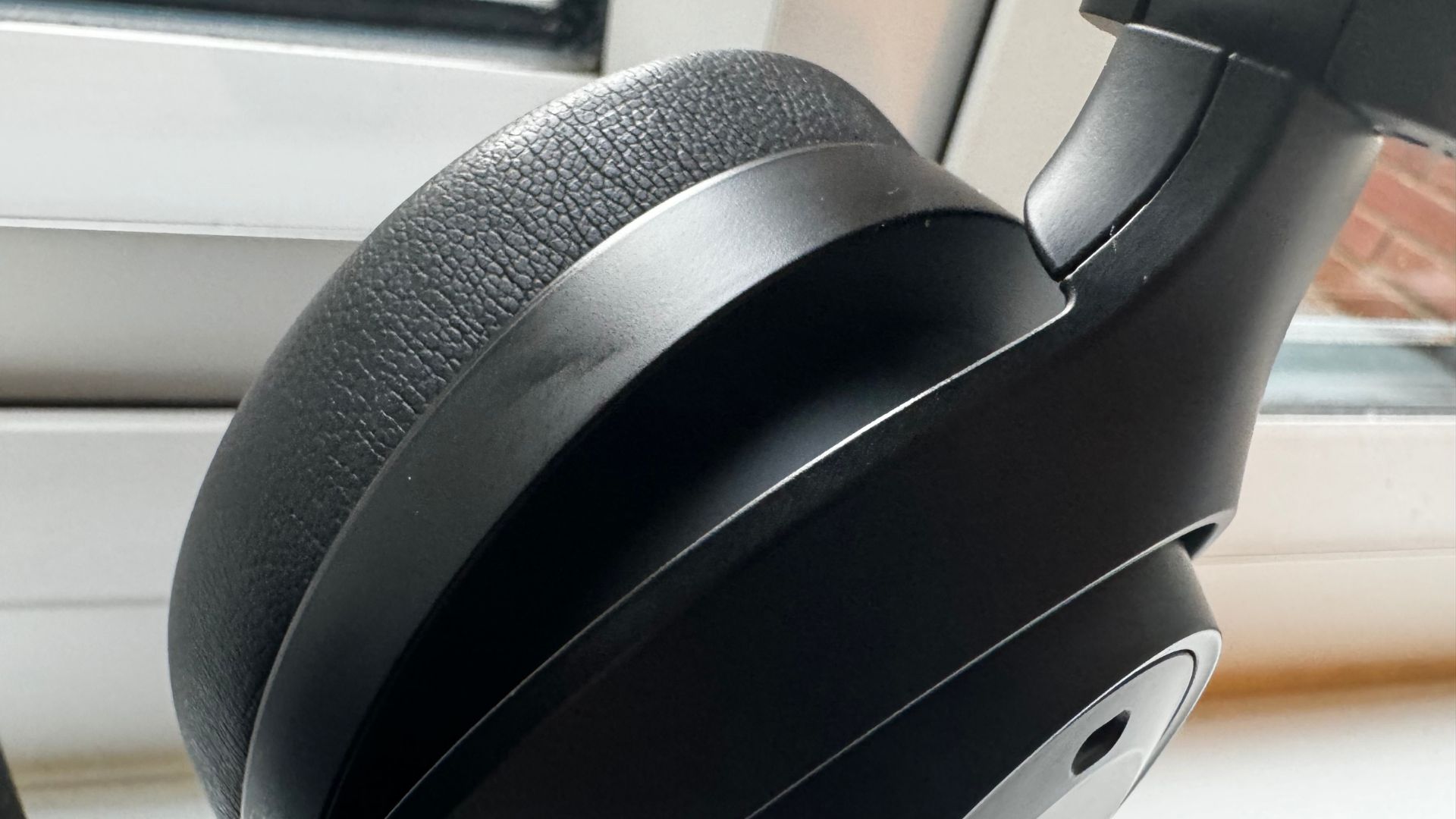
No, they’re not — they haven’t managed to succeed where none have before and offer a package that ups the game. They are fine headphones, even though they don’t sound fantastic, but that just means they don’t offer enough over the competition to make you choose these over something else.
For our money, the 1More Sonoflow do a better job, or the Soundcore Space One which costs less. For the best carrying case the SoundMagic are great — but they require a little work in the sound department.







